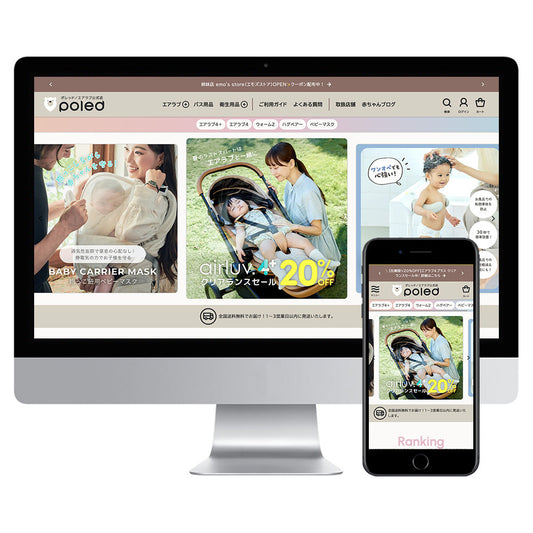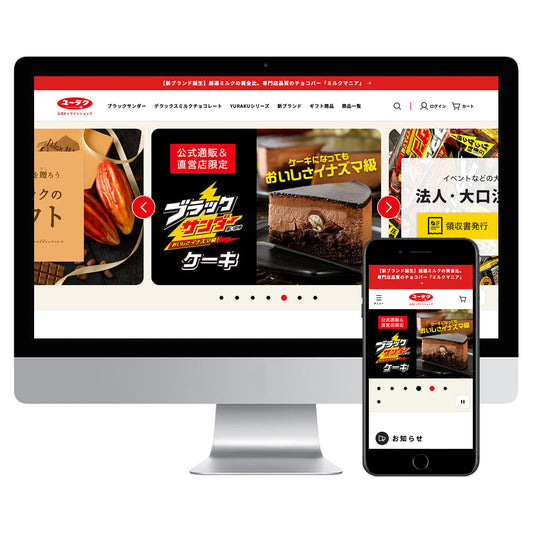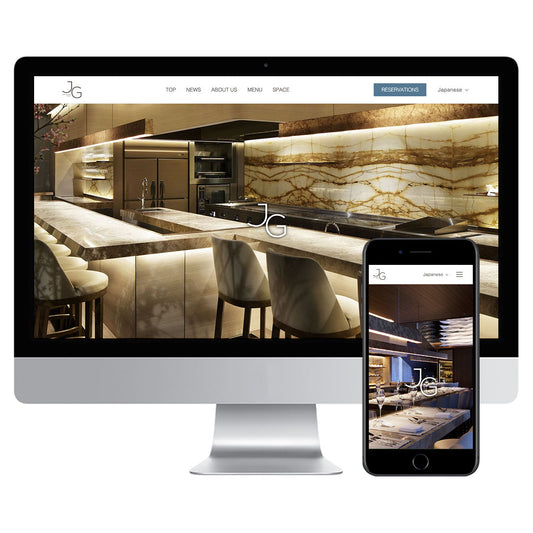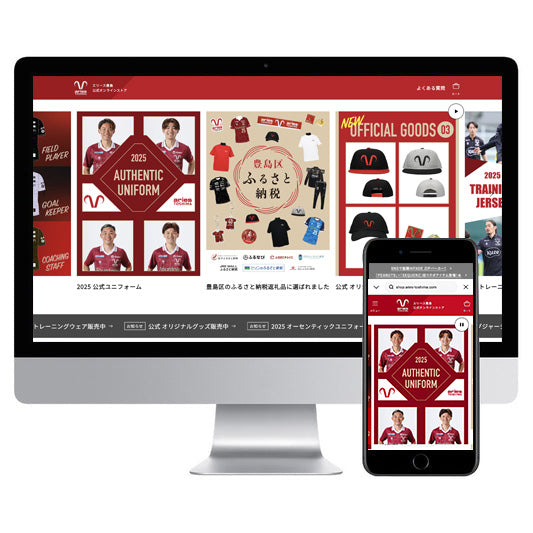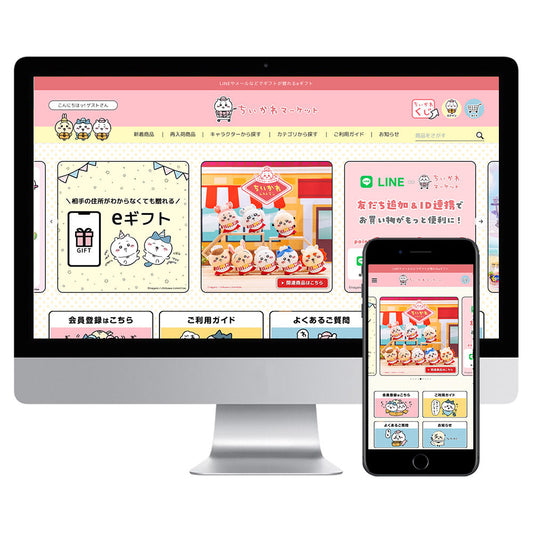- “I want to launch an online store, but I don’t know which eCommerce platform to choose…”
- “Everyone’s talking about Shopify—what makes it so great?”
- “I’m currently using EC-CUBE—should I consider migrating to Shopify?”
Whether you’re launching a brand-new online store, redesigning an existing one, or planning a platform migration, choosing the right eCommerce platform is critical to long-term success.
In recent years, SaaS-based platforms like Shopify have been rapidly gaining popularity, prompting businesses to rethink the differences between open-source platforms and traditional Japanese ASPs.
In this article, we compare three of Japan’s most widely used eCommerce platforms:
Shopify, FutureShop, and EC-CUBE.
You’ll learn about the pros, cons, and unique features of each, along with tips on how to choose the right platform for your business.
What’s the Difference Between These Three Platforms?
Let’s take a look at the key features of each.
1. Shopify – Key Features and Benefits

Pros
Flexible, Customizable Design
Shopify offers over 100 professionally designed themes—both free and paid—all fully responsive for mobile and desktop.
For those with coding experience, Shopify allows full customization through HTML, CSS, and even custom theme development using Liquid.
Extensive Third-Party App Ecosystem
Shopify App Store has thousands of apps for marketing, shipping, upsells, customer accounts, reviews, wishlists, e-gifting, and more.
You can enhance your store’s functionality without needing custom development.
Simple International Expansion
With support for multiple languages and currencies (via Translate & Adapt and Shopify Markets), Shopify makes global eCommerce easy.
World-Class Server Infrastructure
Shopify offers high uptime and performance, even during traffic spikes. You don’t need to worry about server crashes during peak seasons.
Cons
Extra Fees if Not Using Shopify Payments
Using third-party payment gateways may incur additional fees.
That said, Shopify Payments supports Visa, Mastercard, JCB, Amex, Apple Pay, Google Pay, PayPal, Shop Pay, and more.
Requires Learning Liquid for Deep Customization
To customize themes beyond the basics, knowledge of Shopify’s proprietary Liquid language is required.
2. FutureShop – Key Features and Benefits

Pros
Robust Domestic Features for JapanBuilt-in support for legal compliance (Act on Specified Commercial Transactions), email templates, and member tiering.
Reliable Japanese Support
Phone and email support is helpful for beginners and small teams.
Scalable with API and Customization Support
While limited, some API-based customization is available.
Cons
Limited Design FlexibilityCustomization options aren’t as flexible as Shopify.
Limited App Integrations
The ecosystem isn’t as extensive as Shopify’s.
Not Ideal for Global Sales
FutureShop is designed primarily for domestic Japanese use.
FutureShop vs. Shopify
FutureShop excels in domestic compliance and CRM features tailored to Japanese merchants.
However, Shopify dominates when it comes to global reach, flexible design, and rapid feature expansion via apps. For businesses targeting overseas markets or planning for scale, Shopify offers unmatched agility.
3. EC-CUBE – Key Features and Benefits

Pros
Full CustomizationAs an open-source platform, EC-CUBE allows unrestricted PHP-based development. You can build unique features tailored to niche industries or specific use cases.
Free Licensing
The downloadable version is free to use, keeping initial and recurring costs low.
Differentiate Through Custom Development
Whether it’s UX/UI or vertical-specific functions, EC-CUBE allows total control.
Cons
Self-Managed Security and MaintenanceMerchants are responsible for all updates and server security.
Higher Development Costs
You'll likely need developer support for setup, maintenance, and version upgrades.
Requires Dedicated Server Management
Not ideal for those seeking a plug-and-play solution.
EC-CUBE vs. Shopify
EC-CUBE is ideal for businesses needing industry-specific functionality or advanced customization.
On the other hand, Shopify eliminates the burden of server maintenance, provides easier startup, and integrates AI-powered tools like Shopify Sidekick for streamlined operations.
Platform Comparison: Pricing & Features
| Category | Shopify | FutureShop | EC-CUBE |
|---|---|---|---|
| Monthly Fees | Basic: ¥4,850/month Grow: ¥13,500/month Advanced: ¥58,500/month Plus: $2,300/month |
Initial setup: ¥22,000+ Monthly: ¥24,000+ No transaction fees |
Free download version Cloud version: From ¥6,800/month Initial cost: ¥70,000 (Standard) Extra for servers, payments |
| Core Features |
|
|
|
| Tools & Apps |
|
|
|
| Support |
|
|
|
| Customization |
|
|
|
Why Is Shopify So Popular? The Power of Its Cart Features
One of the most critical parts of a successful eCommerce site is the shopping cart.
Shopify excels here with powerful, flexible, and user-friendly features.
Key Shopify Cart Features
- Clean, Intuitive Checkout Flow
Users can easily add items and complete purchases, whether on desktop or mobile. - Wide Range of Payment Options
Accepts credit cards, PayPal, Apple Pay, Google Pay, and more—with low fees. - Abandoned Cart Recovery
Send reminder emails or pop-ups to recover lost sales automatically. - Easy Feature Expansion
Choose from over 10,000 apps to enhance functionality—no coding needed.
Compared to FutureShop
FutureShop offers compliance-focused cart functions for the Japanese market.
However, Shopify leads with broader payment options, international compatibility, and better cart recovery tools.
Compared to EC-CUBE
While EC-CUBE allows advanced cart customization, it's not beginner-friendly and requires significant manual work.
Shopify offers a ready-to-use cart system, optimized for conversions—ideal for merchants wanting fast, reliable setup.
Final Verdict: Shopify Makes Store Management Simpler, Smarter, and More Scalable
From its cart usability and AI assistant (Sidekick) to seamless automation and app integration, Shopify simplifies online store operations while keeping growth in mind.
Commerce Media Shopify Migration Case Studies①:HALEO
Migrated from a different platform to Shopify!
- Reduced server load and improved uptime
- Flexible for promotions and brand design
- Improved performance and customer experience
Commerce Media Shopify Migration Case Studies②:RUN-WALK Style

Migrated from a different platform to Shopify!
- Simplified operations and made updates easier
- Improved mobile UX and increased customer satisfaction
- Sales doubled post-migration
Conclusion: Ready to Choose Shopify?
FutureShop and EC-CUBE are powerful in their own right—FutureShop offers strong domestic support, and EC-CUBE delivers unmatched customization.
However, Shopify is currently the most widely adopted platform in Japan for a reason.
For merchants focused on:
- Efficient operations
- Scalable growth
- International sales
- Cutting-edge AI tools
Shopify is the smart choice.
Want help building and migrating your store?
Contact Commerce Media

